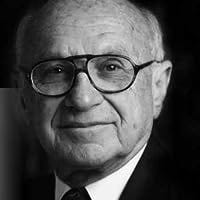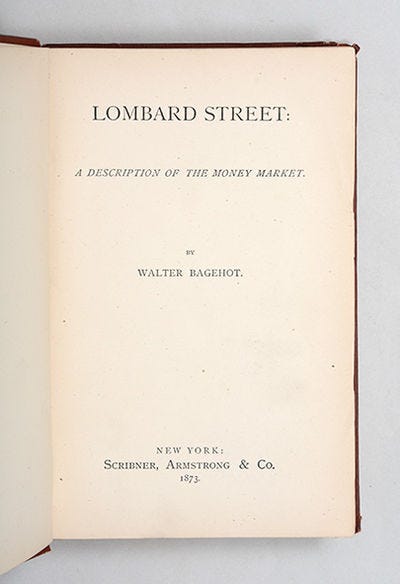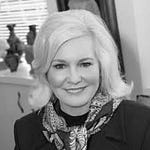Welcome to the Hale Report, where we do a deep dive into the world of money and markets. I’m excited to kick off 2024 with our 50th episode, featuring Timothy Congdon, CBE. He is one of Britain’s foremost economists, founder of the Institute of International Monetary Research.
Many forecasters missed the mark in 2023—China didn't rebound, US equities didn't plateau, inflation eased, and the feared recession didn't materialize. Join us as we unpack the surprises of the past year and hear Timothy Congdon's provocative analysis of what the new year might bring.
Is a soft landing for the US economy sustainable? Or have we merely delayed recession by means of unprecedented fiscal stimulus, which has created a dangerous level of public debt? Our guest is concerned about just such a scenario and its implications for the global economy.
Professor Congdon shares his thoughts on the critical impact of monetary policy. He is a leading proponent of the 'monetarist' school of thought, which was famously summarized by Milton Friedman:
Inflation is always and everywhere a monetary phenomenon, in the sense that it is and can be produced only by a more rapid increase in the quantity of money than in output.
As a former member of the Treasury Panel and a key advisor to the Thatcher/Major Conservative government, Professor Congdon’s insights are invaluable.
From journalist at The Times to co-founding Lombard Street Research in 1989, Congdon has a wealth of experience. Our discussion serves as a master class in monetary theory and practice, including a glimpse into economic history. Later in the episode you’ll learn why he believes that Brexit was the right decision for Great Britain.
It's not just theory—Professor Congdon also has a message for investors: discover the links between QE, the quantity of money, and markets in order to understand the direction of stock and bond prices.
I hope you enjoy this podcast as much as I did our Sunday afternoon conversation. Please feel free to engage, comment and send us your questions!
















